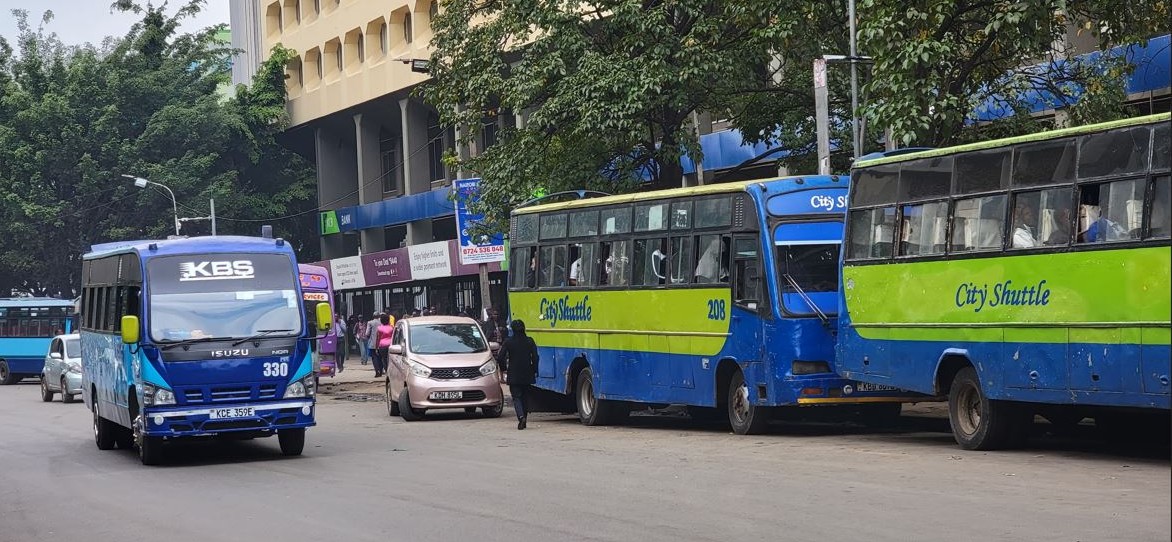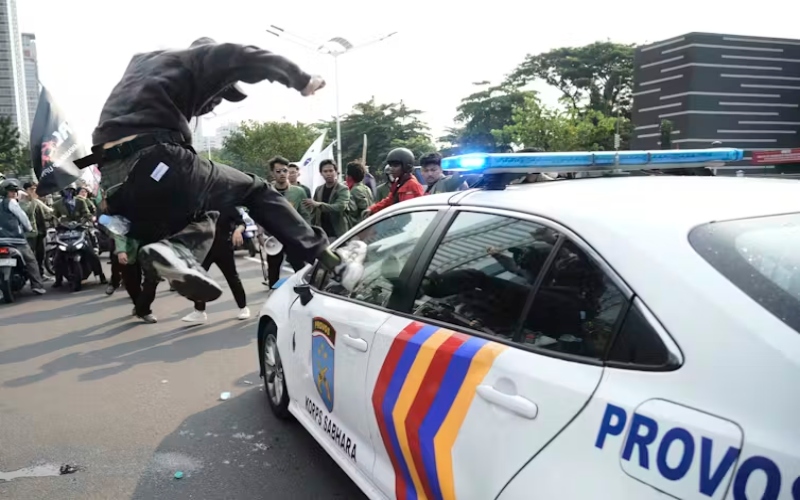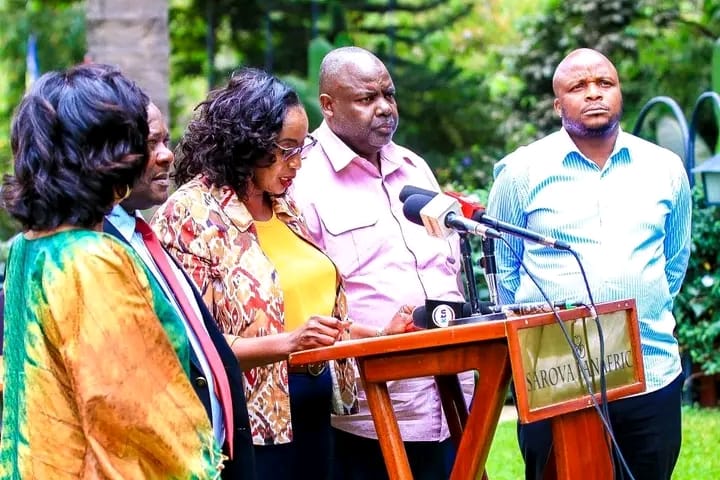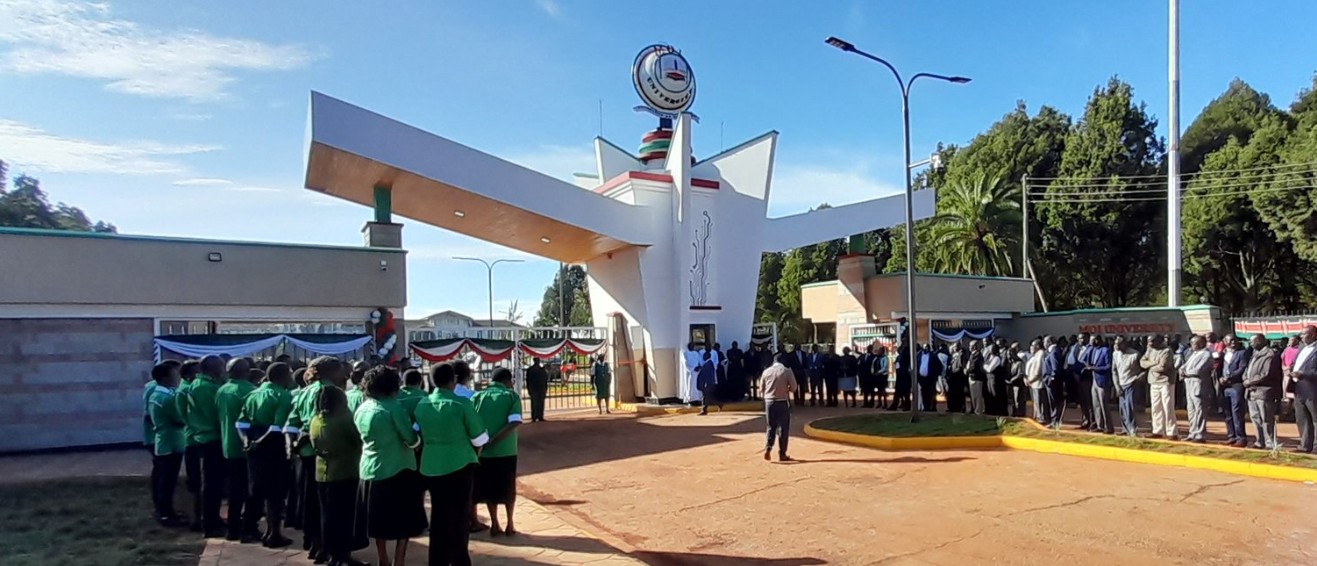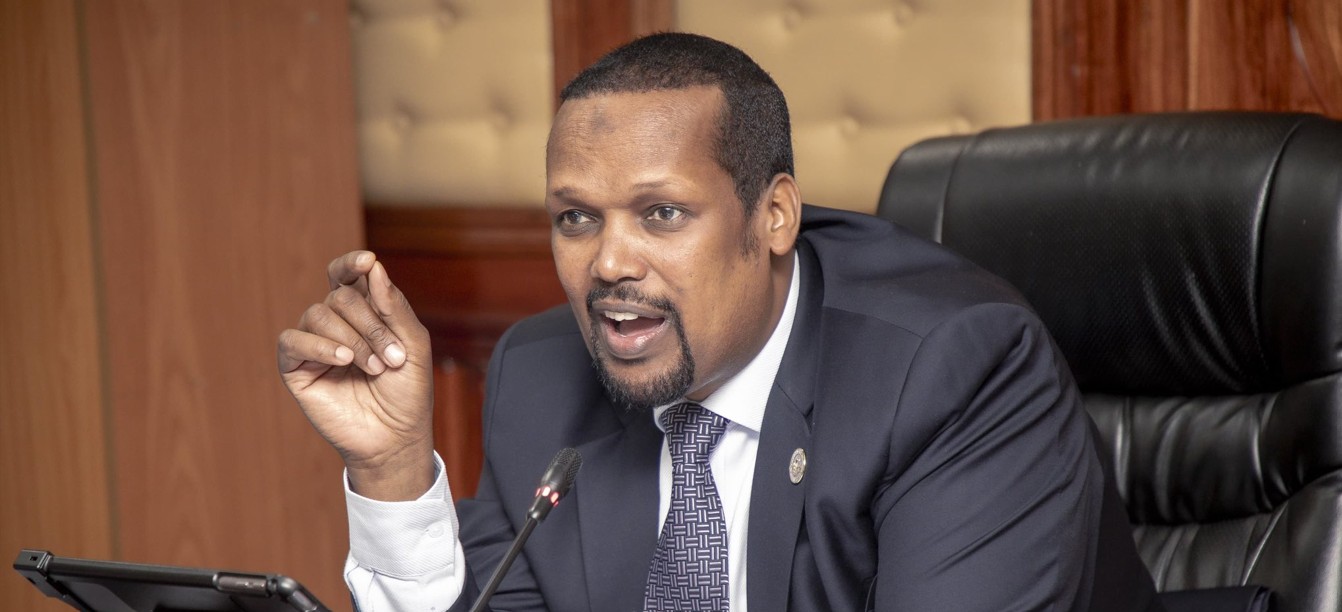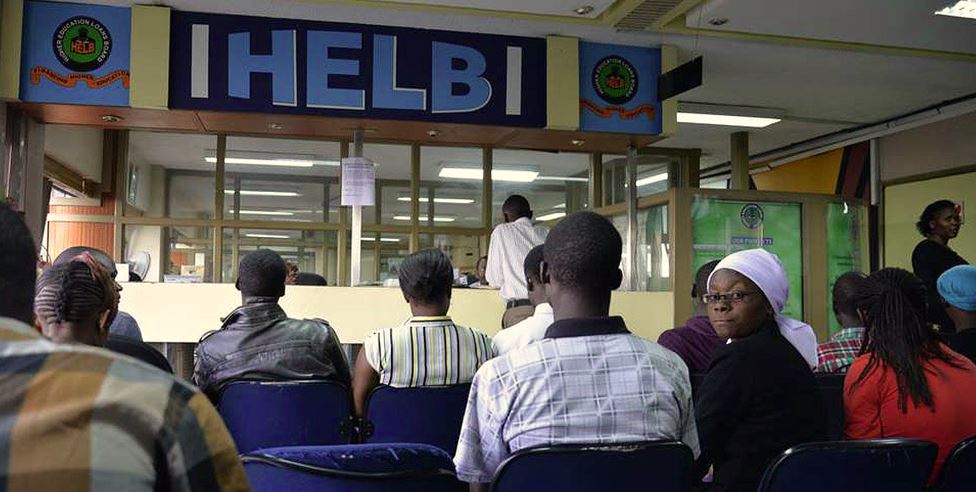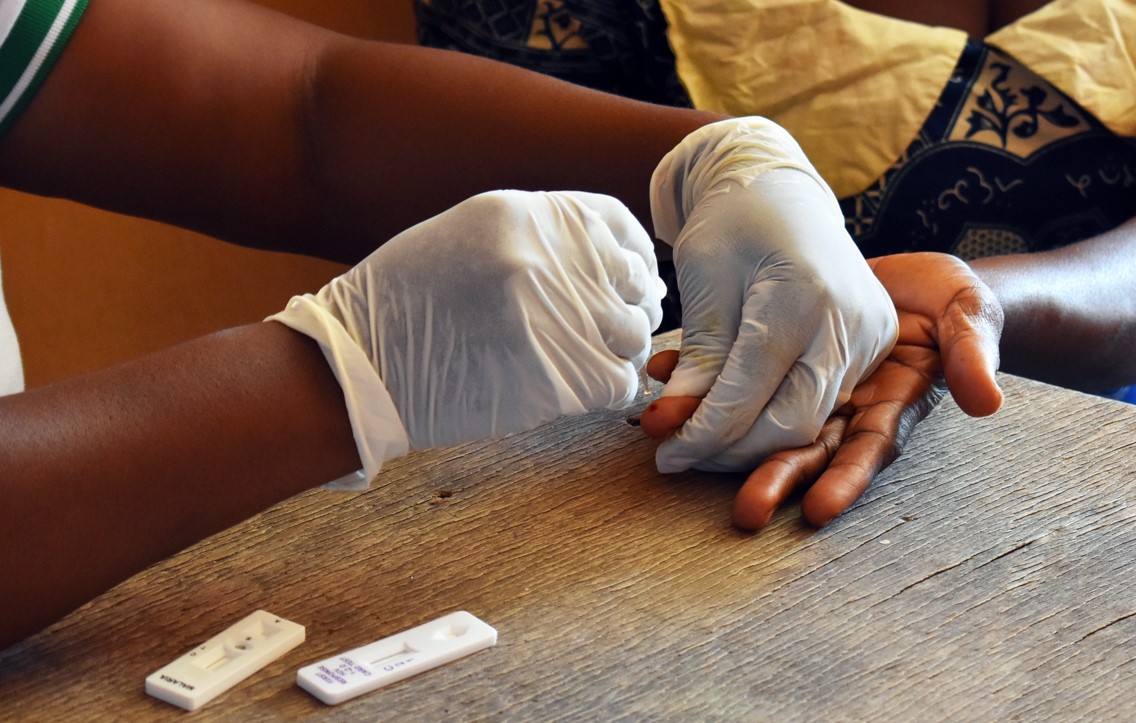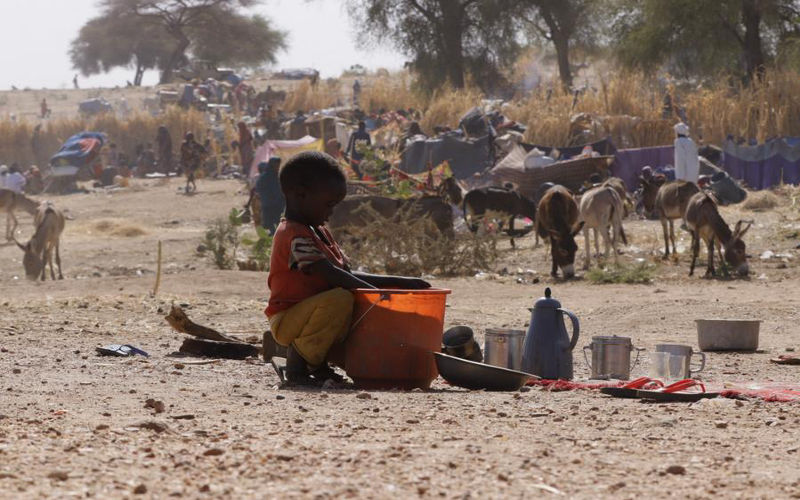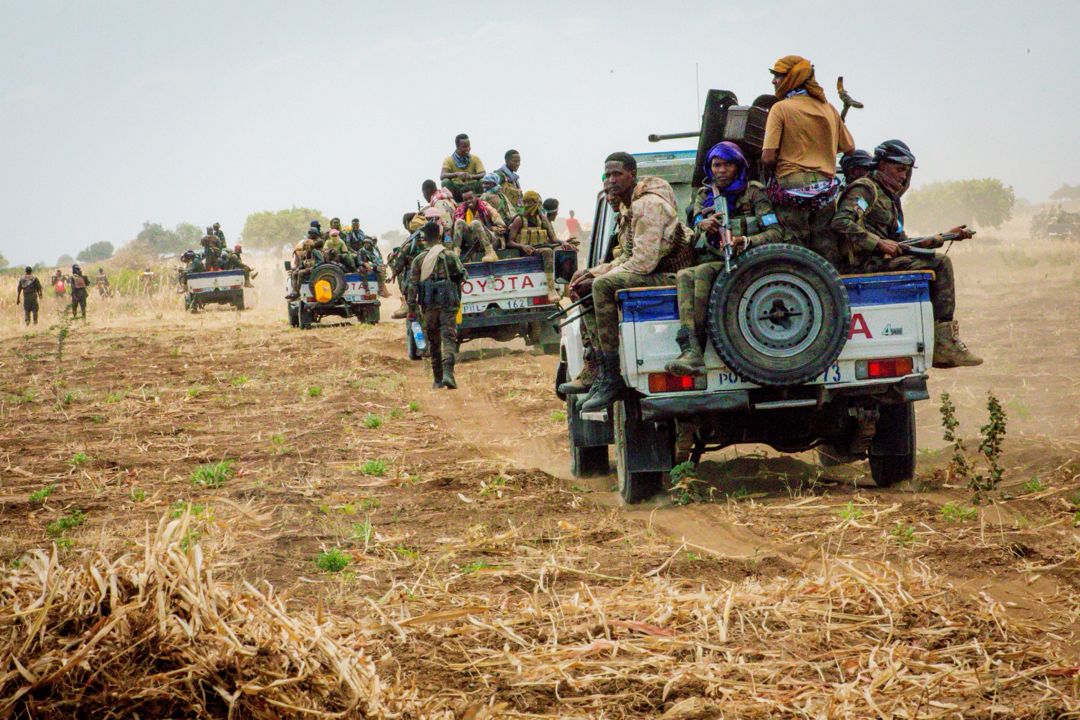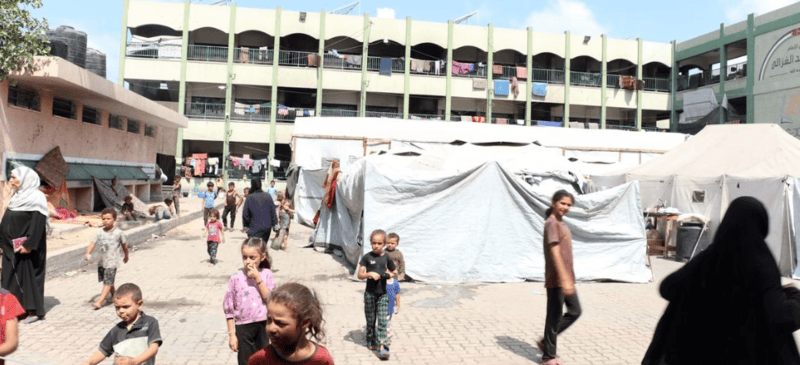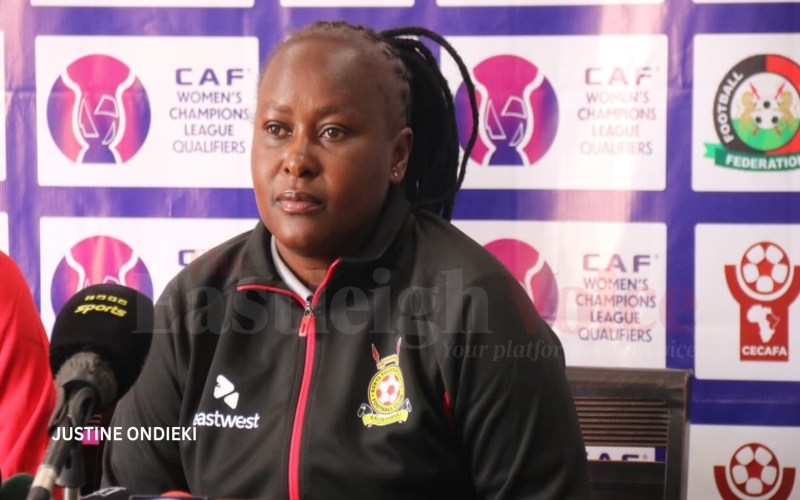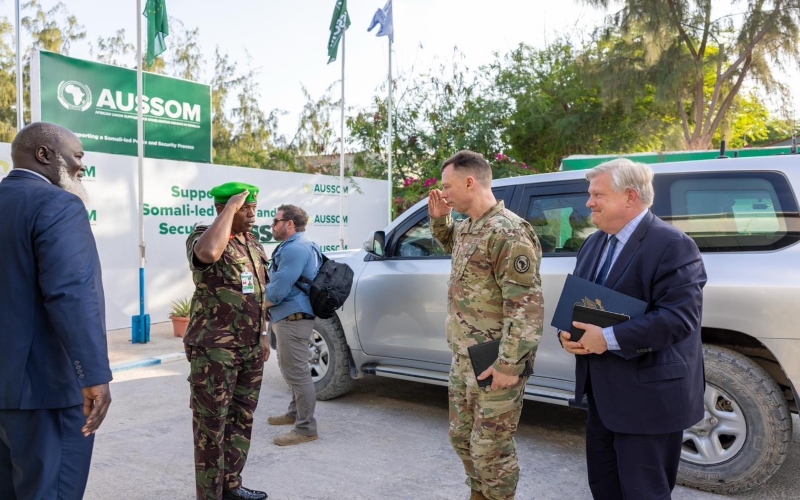Financing peacebuilding likely to feature in UN's architecture review this year
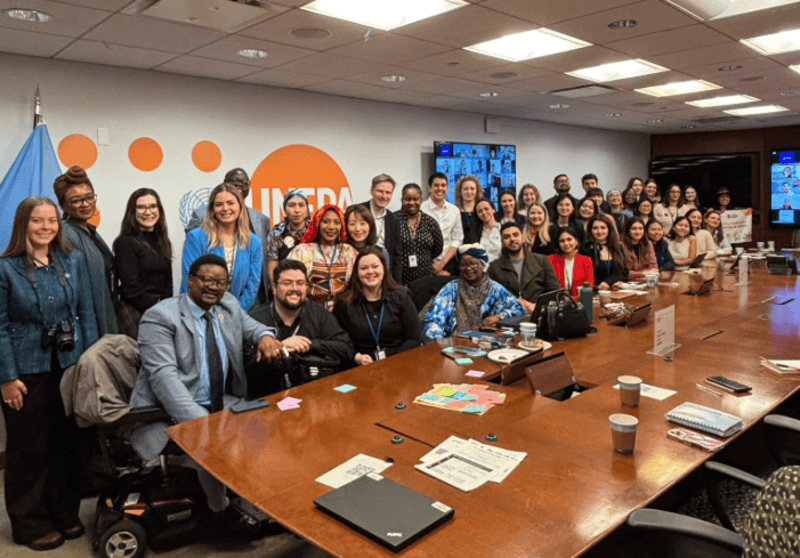
While some member states advocate for increases in both assessed and voluntary contributions, others maintain that voluntary funding should remain the primary source and resist any hikes in assessed contributions.
Securing funding for United Nations-led or supported peace missions has emerged as a central issue in the ongoing Peacebuilding Architecture Review (PBAR), which is held every five years.
This year marks the fourth such review since the establishment of the Peacebuilding Commission (PBC) in 2005, alongside the Secretary-General’s Peacebuilding Fund (PBF) and the Peacebuilding Support Office (PBSO), which collectively form the UN’s peacebuilding architecture.
More To Read
- UN warns Kenyans over spike in scams linked to staff relocation to Nairobi
- Over one billion Africans unable to afford healthy diet, UN report warns
- UN sounds alarm over Nairobi’s mounting garbage crisis
- UN report: Gains in ending FGM at risk unless Kenya scales up action
- UNESCO urges dialogue as world marks day for remembrance of slave trade, abolition
- UN calls for unity, support on day of remembrance for terrorism victims
The current review comes at a time of rising global conflict. According to UN data, 2023 recorded 120 armed conflicts—the highest number since the Second World War. However, as conflicts escalate, responses have increasingly fallen short, leaving many affected populations to fend for themselves amid dwindling external support.
Since assuming office, UN Secretary-General António Guterres has consistently called for a “quantum leap” in support for the Peacebuilding Fund, setting an ambitious annual target of $500 million. However, the Fund remains far from this goal. Peacebuilding aid fell from $4.9 billion in 2014 to $3.1 billion in 2023.
In a bid to stabilise financing, the UN General Assembly, through Resolution A/RES/78/257 adopted on December 22, 2023, approved $50 million per year in assessed contributions to the PBF starting in 2025. The aim is to provide more predictable and sustained support. Despite this, demand for the Fund continues to outpace available resources, with further cuts anticipated in 2025 due to reductions in member states’ official development assistance (ODA).
While some member states advocate for increases in both assessed and voluntary contributions, others maintain that voluntary funding should remain the primary source and resist any hikes in assessed contributions.
“While many member states have begun coordinating positions within regional or like-minded groupings, it remains unclear what position the United States—still the UN’s largest financial contributor—will adopt at this stage of the process under President Donald Trump’s administration,” the UN notes.
The organisation further indicates that some states may recognise the need for broader reforms and cost-saving measures, while cautioning that underinvestment in the PBSO could undermine the peacebuilding architecture itself.
“In this regard, some may call for targeted reinforcements that ensure impact without unnecessary expansion,” it adds.
Formal negotiations, which resumed on Thursday, are expected to continue in September, with a final resolution anticipated in the months thereafter.
This follows a year of informal consultations aimed at strengthening peacebuilding efforts across the UN system.
The consultations for this fourth review began in January and are scheduled to conclude towards the end of the year, culminating in resolutions from both the General Assembly and the Security Council.
Top Stories Today

